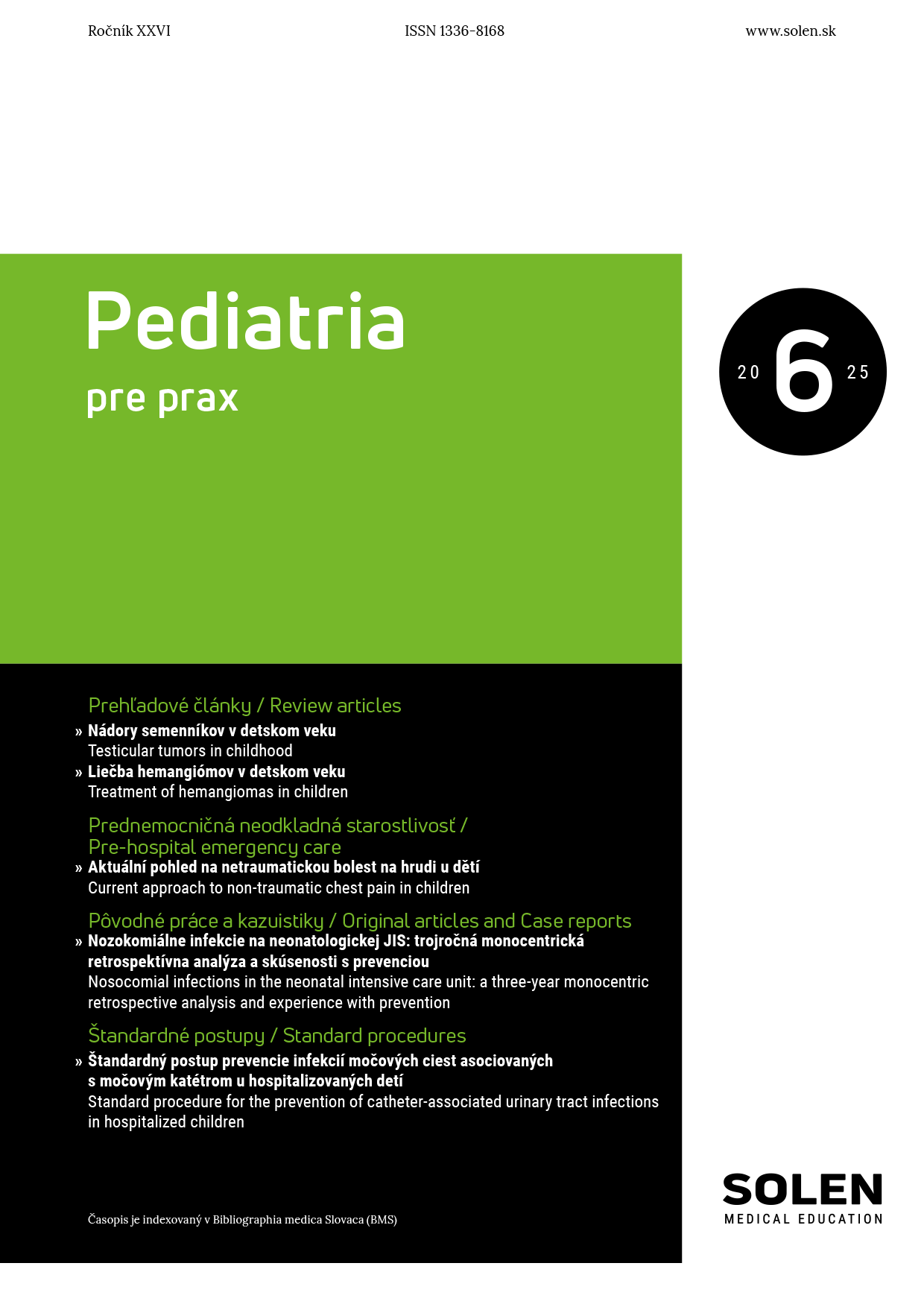Via practica 4/2025
Chronic fatigue syndrome/myalgic encephalomyelitis
Chronic fatigue syndrome (CFS), also referred to as myalgic encephalomyelitis (ME), is a complex, debilitating multisystem disorder that significantly impairs patients’ quality of life and presents both diagnostic and therapeutic challenges in general practice. Despite growing medical interest, the etiology of the condition remains unclear, and its clinical presentation is highly variable. The hallmark symptom is persistent, unexplained fatigue that is not relieved by rest and is accompanied by a wide range of associated symptoms – including cognitive dysfunction, unrefreshing sleep, pain, and autonomic disturbances. CFS is often misinterpreted as a psychological issue or trivialized, resulting in delayed diagnosis and patient frustration. General practitioners play a pivotal role in the early recognition of the syndrome, differential diagnosis, and long-term management and support of affected individuals. The aim of this article is to provide an overview of current knowledge on CFS, with a focus on practical aspects of diagnosis, differential diagnosis, and management in primary care settings.
Keywords: chronic fatigue syndrome, myalgic encephalomyelitis, primary care, general practitioners, diagnosis, fatigue, differential diagnosis, patient management

















